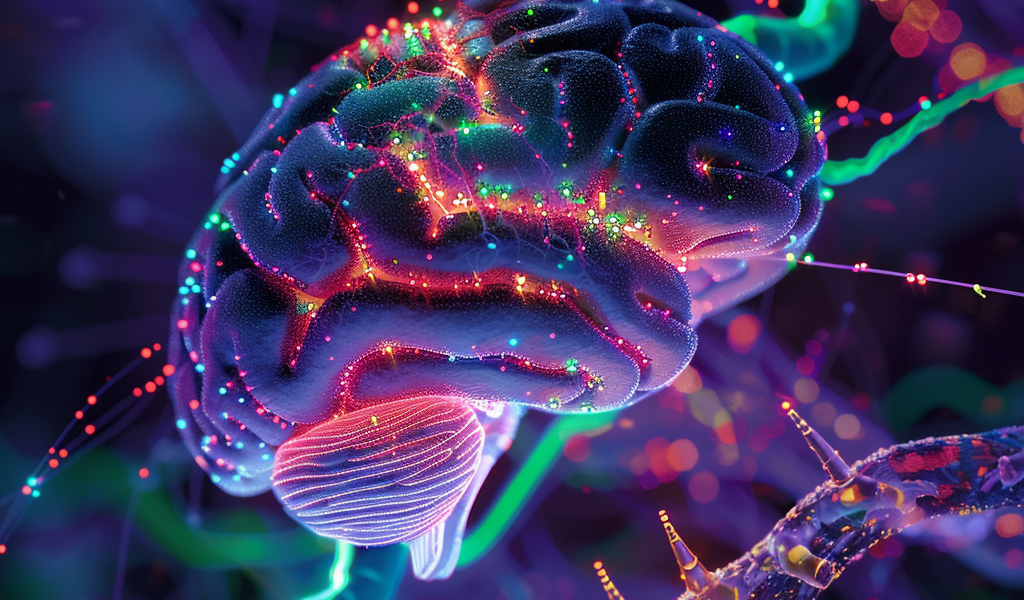In a groundbreaking development, researchers from the Broad Institute of MIT and Harvard have engineered a novel gene therapy delivery vehicle that successfully crosses the blood-brain barrier in mice. This innovative approach utilizes a human protein to transport therapeutic genes into the brain, opening up possibilities for more efficient and safer treatments for a spectrum of brain diseases, encompassing neurodevelopmental and neurodegenerative disorders.
The new gene delivery vehicle, designed to use a human protein for enhanced blood-brain barrier penetration, marks a significant advancement in the field of gene therapy. This breakthrough holds the potential to revolutionize the treatment landscape for various brain disorders by offering a safer and more effective approach to gene therapy.
According to the research conducted at the Broad Institute, the newly developed adeno-associated viruses (AAVs) were able to target up to 71 percent of neurons and 92 percent of astrocytes in different brain regions. This remarkable achievement underscores the promising prospects of this innovative gene delivery system in treating complex brain conditions.
Overcoming the challenge of efficiently crossing the blood-brain barrier has long been a hurdle in the development of effective gene therapies for brain-related ailments. The newly engineered AAVs, tailored to interact with a specific human protein at the blood-brain barrier, offer a ray of hope for patients grappling with severe genetic brain disorders.
The study, published in Science, showcases the success of the AAVs in penetrating the brain at significantly higher levels compared to the existing AAV9, an FDA-approved gene therapy vehicle for the central nervous system. Moreover, the engineered AAVs demonstrated a remarkable ability to target crucial brain cell types, including neurons and astrocytes, further emphasizing their potential in treating diverse brain diseases.





